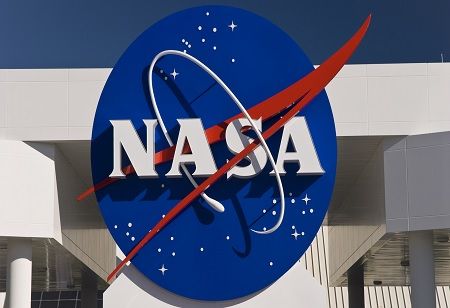
Indian Space Startup Pixxel Secures NASA Contract to Advance Earth Science Research

 Indian space startup Pixxel has secured a groundbreaking contract with NASA to support Earth science research using cutting-edge hyperspectral technology. This marks a significant milestone for the Bengaluru-based company, making it the first Indian startup to join NASA’s $476-million commercial smallsat data acquisition program since the Indian space sector was opened to private companies in 2020.
Indian space startup Pixxel has secured a groundbreaking contract with NASA to support Earth science research using cutting-edge hyperspectral technology. This marks a significant milestone for the Bengaluru-based company, making it the first Indian startup to join NASA’s $476-million commercial smallsat data acquisition program since the Indian space sector was opened to private companies in 2020.
Co-Founder and CEO Awais Ahmed hailed the contract as a 'monumental achievement for Pixxel'. The agreement, which extends until November 2028, underscores the pivotal role of hyperspectral imaging in the future of space-based Earth observation. Ahmed emphasized that this technology will be crucial in building a comprehensive health monitor for the planet.
Under the contract, Pixxel will supply NASA, along with its U.S. government and academic partners, with hyperspectral Earth observation data. This data will enhance the administration’s Earth science research and application activities. Pixxel's hyperspectral imaging technology captures data across hundreds of narrow wavelengths, offering detailed insights into climate change, agriculture, biodiversity, and resource management.
Building on this momentum, Pixxel is preparing to launch six new satellites. The Fireflies, designed with a 5-meter resolution, will be the highest-resolution hyperspectral satellites ever deployed. These satellites are set to capture data across over 250 spectral bands, providing comprehensive coverage with a 40 km swath width and a 24-hour revisit frequency globally.
Additionally, Pixxel plans to expand its constellation to 24 satellites, aiming to make hyperspectral data more commercially available and accessible to various industries and governments. The constellation’s high-resolution capabilities will enable detection, monitoring, and prediction of critical global phenomena in unprecedented detail.
Pixxel has also introduced its in-house Earth Observation Studio, Aurora, to facilitate easier satellite imagery analysis. The company has raised over $70 million from prominent investors, including Google, Lightspeed, Radical Ventures, and others, marking a significant step forward in its mission to revolutionize Earth observation technology.